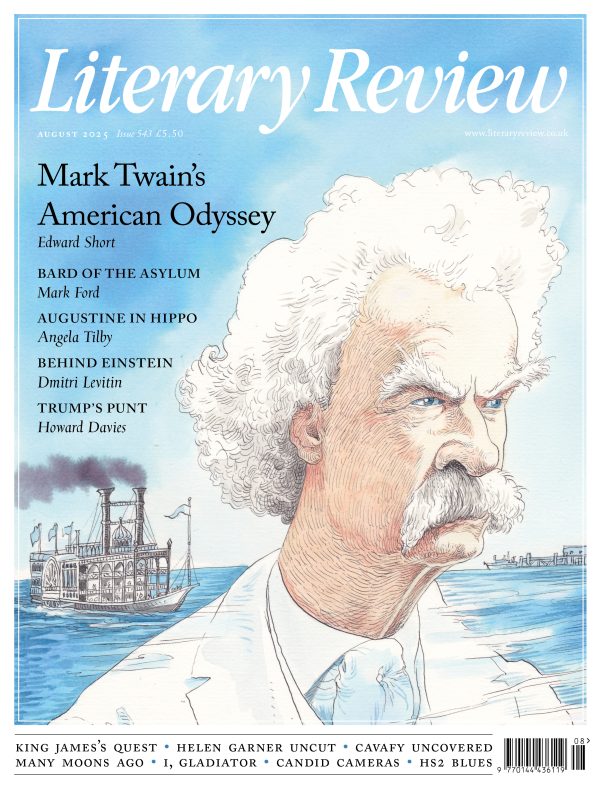Some anniversaries catch the public imagination more than others. Few, I suspect, will instantly recall that 2025 marks four hundred years since the death of James VI and I. He had the misfortune of coming between two more memorable monarchs – Elizabeth I, queen during a putative ‘golden age’, and Charles I, victim, or instigator, of a catastrophic political collapse. James also has an image problem in a literal sense. Due to Holbein, van Dyck and Peter Lely, Henry VIII, Charles I and Charles II are instantly recognisable, but non-specialists might struggle to pick James out of a portraiture line-up.
Posterity’s assessments, where they exist, have not been kind. The best-known quotation about James is from the courtier Anthony Weldon, who judged him ‘the wisest fool in Christendom, meaning him wise in small things but a fool in weighty affairs’. James was remembered for garrulousness, vulgarity and physical defects that caused him to slobber while he ate. Commentators recalled with homophobic distaste what Walter Scott termed ‘the odd familiarities which James used with his favourites’. There were rumours in his lifetime of physical relationships with handsome and over-promoted young men, including Robert Carr, the Scots laird who became Earl of Somerset, and George Villiers, eventually Duke of Buckingham.
Clare Jackson, in this wide-ranging and insightful new biography, disavows the intention to eulogise. Nonetheless, she finds James ‘intelligent, resilient, idiosyncratic, irascible, guileful and witty’. Crucially, Jackson attends to James’s kingship in both Scotland and England. James became king of Scots as a baby and reigned in Scotland nearly thirty-six
